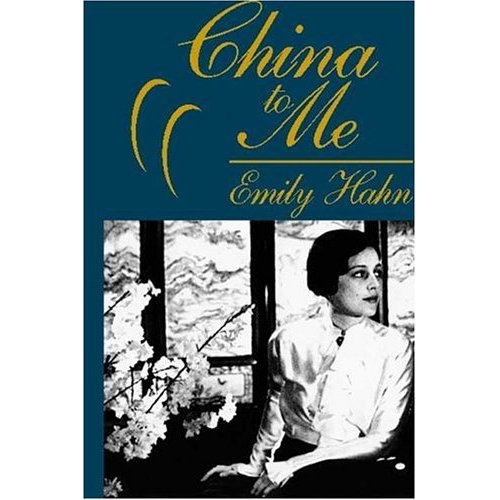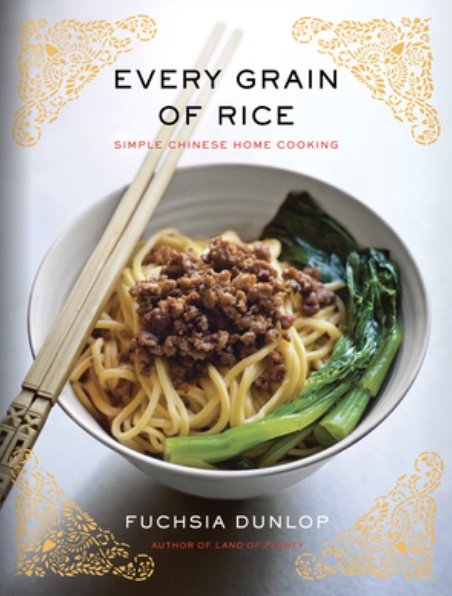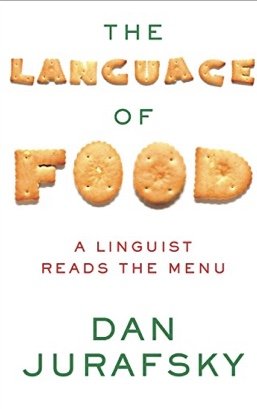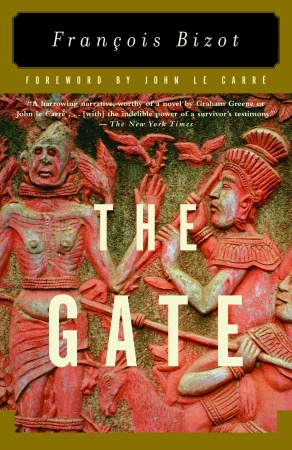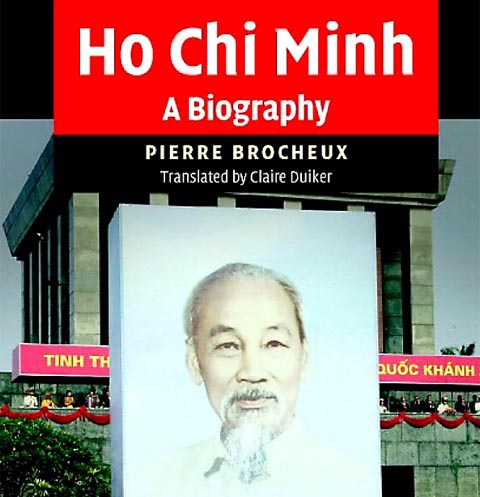The Girl from the Coast by Pramoedya Ananta Toer (Hyperion Books)
She was small and beautiful and only fourteen when she was taken from her seaside village in Java. Carried in the unfamiliar luxury of a carriage, wearing gold and clothes more elaborate than she had ever known before, she was given in marriage to an aristocrat in the city, a man powerful enough that he had no need to rouse himself from his afternoon nap to witness his new bride's arrival. So young that she had not yet begun her monthly cycles, married to a dagger that had represented her husband during the wedding ceremony, the girl was still a child, a fisherman's daughter who had been happy while living among wind, waves and boats and unaware that she was poor until the day that she was enveloped in wealth.
Bathed in perfume-scented water, adorned with rouge and kohl, in a house where her handmaiden is her only companion and her husband is a stern, soft-handed stranger, the girl becomes a stranger to herself, without a name and without an occupation. Her face is no longer her own, and her life is so truncated that she has no appetite for the food that is plentiful and delicious. Her freedom goes no farther than the garden wall that encloses the house she lives in, and she has lost the ability to give, since nothing that has been presented to her is truly hers. She is taught to recite the Koran by rote without understanding the words she recites, she learns to bake cakes, embroider, turn white cloth into batik. Her hands lose their roughness and her skin turns pale; her wishes are immediately granted by her servants but the girl knows the only real power rests with her husband. She understands that her presence in his house has no more significance than a chair or a mattress; she too is her husband's property. Her life, she realizes, will change only when she becomes a mother, and it does, in ways that she could never have imagined.
Her story has the magic of a fairytale and the power and resonance of a fable, yet it is true. It is one of the world's great writers' tribute to his grandmother, and to the strength and resilience of women who own nothing but their own characters. Imprisoned for his political beliefs for more than seventeen years, Pramoedya Ananta Toer wrote over thirty books and would have accomplished even more, were it not that some were destroyed by the Indonesian military. Among the books that were lost were the two volumes that would have turned this book into a trilogy tracing the history of Toer's family.
Standing alone, this is still a masterpiece. Through the story of an unnamed girl, Toer intertwines true facts with magic realism and offers up a whole world--of large injustices and small triumphs, of the value provided by closely knit communities and the loneliness that can come with affluence, and of the power of stories to keep spirits alive. This is a splendid introduction to a breathtaking body of work as well as a book that would have gained Toer acclaim if it had been the only one that he ever wrote.










![father_l[1].jpg](https://images.squarespace-cdn.com/content/v1/5510c55fe4b07c5cbdd0bfd5/1427170272413-DVDSLRQWAXXQQZ0P6TYO/father_l%5B1%5D.jpg)

